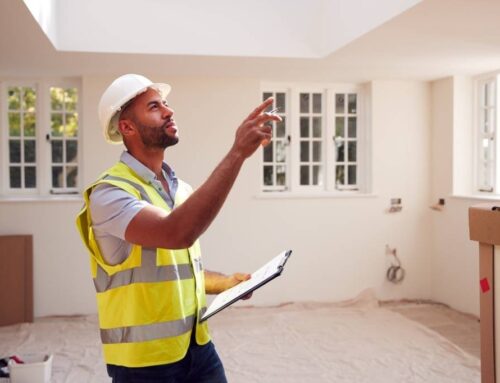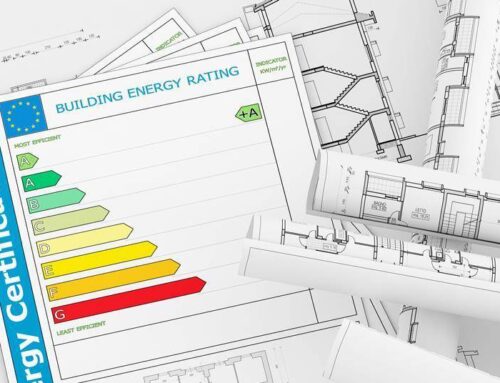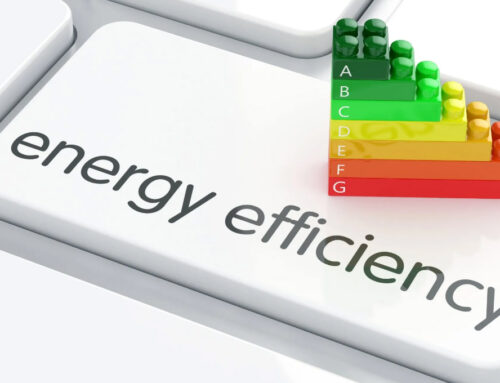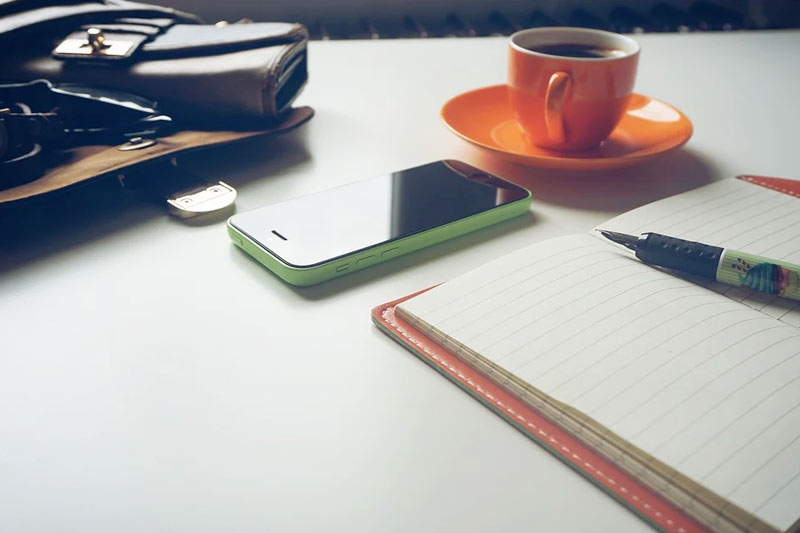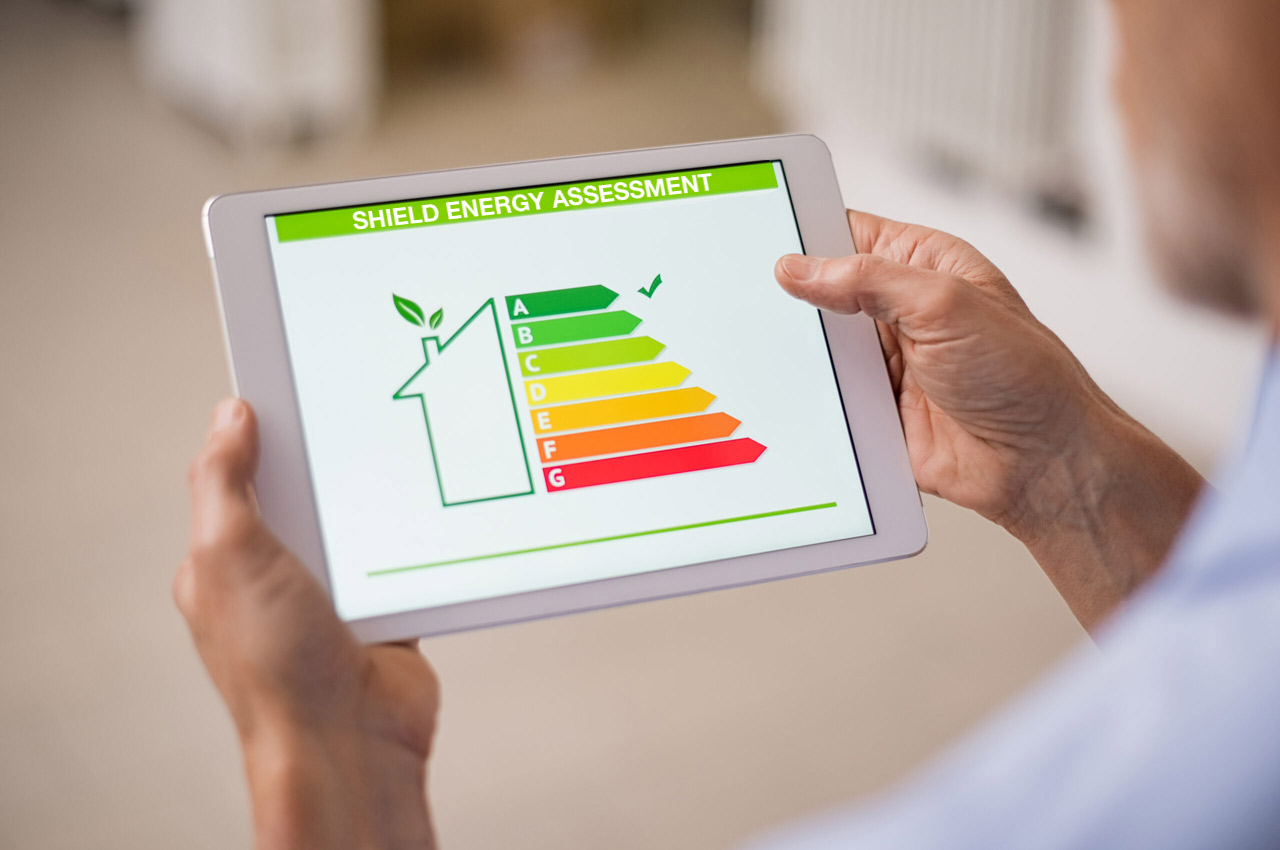
How can I improve my energy efficiency?
Posted on August 12th, 2023
Share This Article
There are numerous ways to improve energy efficiency in your home. Making simple changes and adopting energy-efficient practices can lead to significant reductions in energy consumption and lower utility bills. Here are some effective strategies:
- Upgrade to LED Lighting: Replace traditional incandescent and fluorescent bulbs with energy-efficient LED bulbs. LEDs use less energy, last longer, and produce less heat.
- Seal and Insulate: Properly sealing gaps, cracks, and leaks in your home’s windows, doors, walls, and attic can prevent drafts and heat loss. Insulating your home helps maintain a consistent indoor temperature.
- Use Programmable Thermostats: Install a programmable thermostat to regulate your home’s temperature based on your schedule. This prevents unnecessary heating or cooling when you’re not at home.
- Maintain Heating and Cooling Systems: Regularly service and maintain your HVAC system to ensure it operates efficiently. Clean or replace air filters as needed.
- Install Energy-Efficient Appliances: When replacing appliances, choose models with the ENERGY STAR label, which indicates that they meet strict energy efficiency guidelines.
- Unplug Devices and Chargers: Many electronic devices and chargers continue to use energy even when they’re not in use. Unplug them when they’re not needed or use power strips to easily turn off multiple devices at once.
- Use Energy-Efficient Windows: If you’re upgrading windows, choose double or triple-glazed windows with low-emissivity coatings to reduce heat transfer.
- Reduce Water Heating: Lower the temperature of your water heater to 120°F (49°C) and use low-flow fixtures to reduce hot water consumption.
- Consider Renewable Energy: If feasible, invest in solar panels or wind turbines to generate your own renewable energy and offset your electricity usage.
- Use Energy-Efficient Appliances: When purchasing new appliances, look for energy-efficient models with the ENERGY STAR label. These appliances are designed to use less energy while performing the same tasks.
- Optimize Refrigerator Use: Keep your refrigerator and freezer at the recommended temperature settings. Make sure the door seals are tight to prevent cold air from escaping.
- Wash Clothes in Cold Water: Most of the energy used by washing machines goes towards heating water. Washing clothes in cold water can save a significant amount of energy.
- Air-Dry Laundry: Whenever possible, air-dry your clothes instead of using a dryer. Dryers consume a lot of energy.
- Reduce Phantom Load: Unplug devices and chargers when they’re not in use, or use smart power strips that can automatically turn off power to devices that are in standby mode.
- Plant Trees and Use Shade: Strategically planting trees or using shading devices like awnings can reduce direct sunlight and heat gain in your home during the summer months.
- Upgrade Insulation: Improve insulation in your attic, walls, and floors to prevent heat loss in the winter and heat gain in the summer.
- Regularly Maintain Appliances: Clean and maintain appliances like refrigerators, air conditioners, and heating systems to ensure they operate efficiently.
- Educate Household Members: Teach your family members or housemates about energy-saving habits, such as turning off lights when leaving a room or closing doors and windows when heating or cooling.
- Use Natural Light: During the day, open curtains and blinds to make use of natural daylight instead of relying on artificial lighting.
- Cook Efficiently: Use the appropriate burner size when cooking on a stovetop, and consider using a microwave or toaster oven for smaller cooking tasks instead of the full-size oven.
These strategies, when implemented together, can have a significant impact on your home’s energy efficiency, leading to reduced energy consumption, lower utility bills, and a more sustainable living environment.

